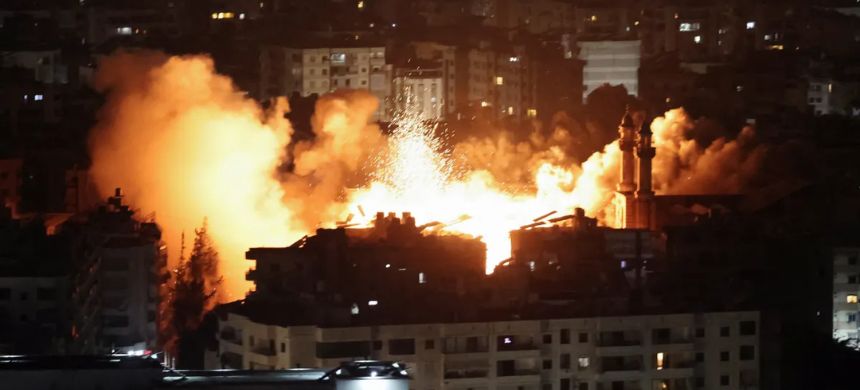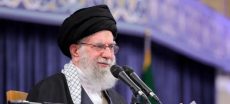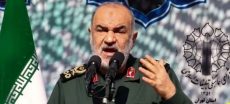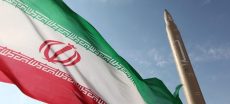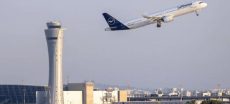Israel conducted airstrikes on Beirut’s southern suburbs, targeting Hezbollah’s alleged underground drone production, according to Israeli officials. The strikes occurred on Thursday night, just before Eid al-Adha, a major Islamic festival. Prior evacuation warnings were issued for several buildings in the Hezbollah stronghold, with no immediate reports of casualties.
The Israel Defense Forces (IDF) claimed to have identified a Hezbollah unit producing thousands of drones, financed by Iranian-backed groups. The attack took place despite a six-month ceasefire between Israel and Hezbollah.
Read more: If Allowed by Rulers, We Will Destroy Israel Completely
Lebanon’s Prime Minister Nawaf Salam strongly condemned the airstrikes, calling them a deliberate assault on Lebanon’s security, stability, and economy—especially at such a sensitive time. Thousands fled the crowded area following evacuation orders, causing severe traffic congestion and visible smoke in the sky.
Lebanese President Joseph Aoun denounced the strikes as a clear violation of international agreements, highlighting their timing on the eve of an important religious holiday. The United Nations Special Coordinator for Lebanon expressed concern over the renewed fear caused by the attacks and emphasized the need for diplomacy to avoid dangerous escalation.
Israel’s Defense Minister Israel Katz praised the operation’s execution and held the Lebanese government accountable for preventing ceasefire violations and terrorist activities. The Israeli military accused Hezbollah of extensively using drones to target Israel, calling it a breach of understandings between the two countries. Hezbollah has yet to respond.
Before the strikes, the Israeli military urged residents in Beirut’s Dahieh area to evacuate due to proximity to Hezbollah infrastructure.
The 13-month conflict between Israel and Hezbollah from 2023 to 2024 included heavy Israeli bombing and ground operations in southern Lebanon. Lebanon reports that Israeli attacks killed approximately 4,000 people, including many civilians, and displaced over 1.2 million residents. Israel reported over 80 soldiers and 47 civilians killed during the hostilities.
Israel justified its military actions as necessary to dismantle Hezbollah positions near the border, accusing a UN peacekeeping force of failing to do so. The intervention aimed to allow displaced northern Lebanese residents to return home.
A ceasefire signed in late November between Israel and Lebanon—excluding Hezbollah—resulted in Israeli withdrawal and Lebanese army control of southern Lebanon. The agreement reaffirmed each country’s right to self-defense under international law.
Since then, Israel has conducted several airstrikes in Lebanon targeting Hezbollah sites, including in April when it struck a store of precision-guided missiles and killed a Hezbollah official and others. Lebanon’s government condemned these actions and the ongoing presence of Israeli forces in southern Lebanon as violations of the truce.
Tensions rose again after Hezbollah launched rockets at Israeli positions following the Hamas attack on Israel in October 2023, stating solidarity with Palestinians in Gaza.

